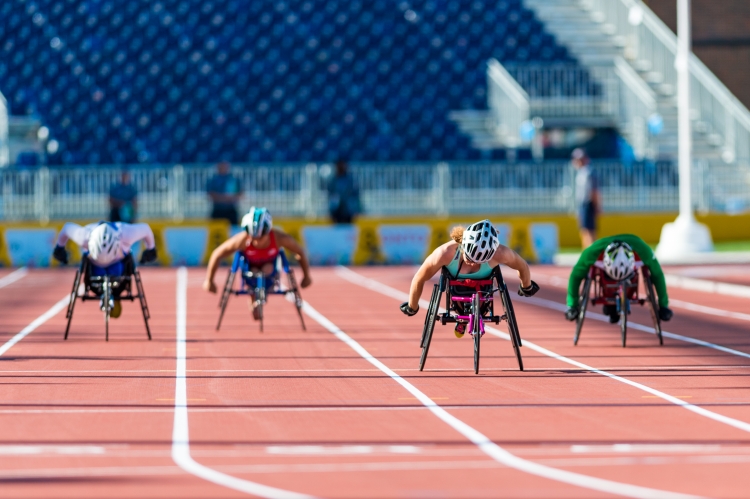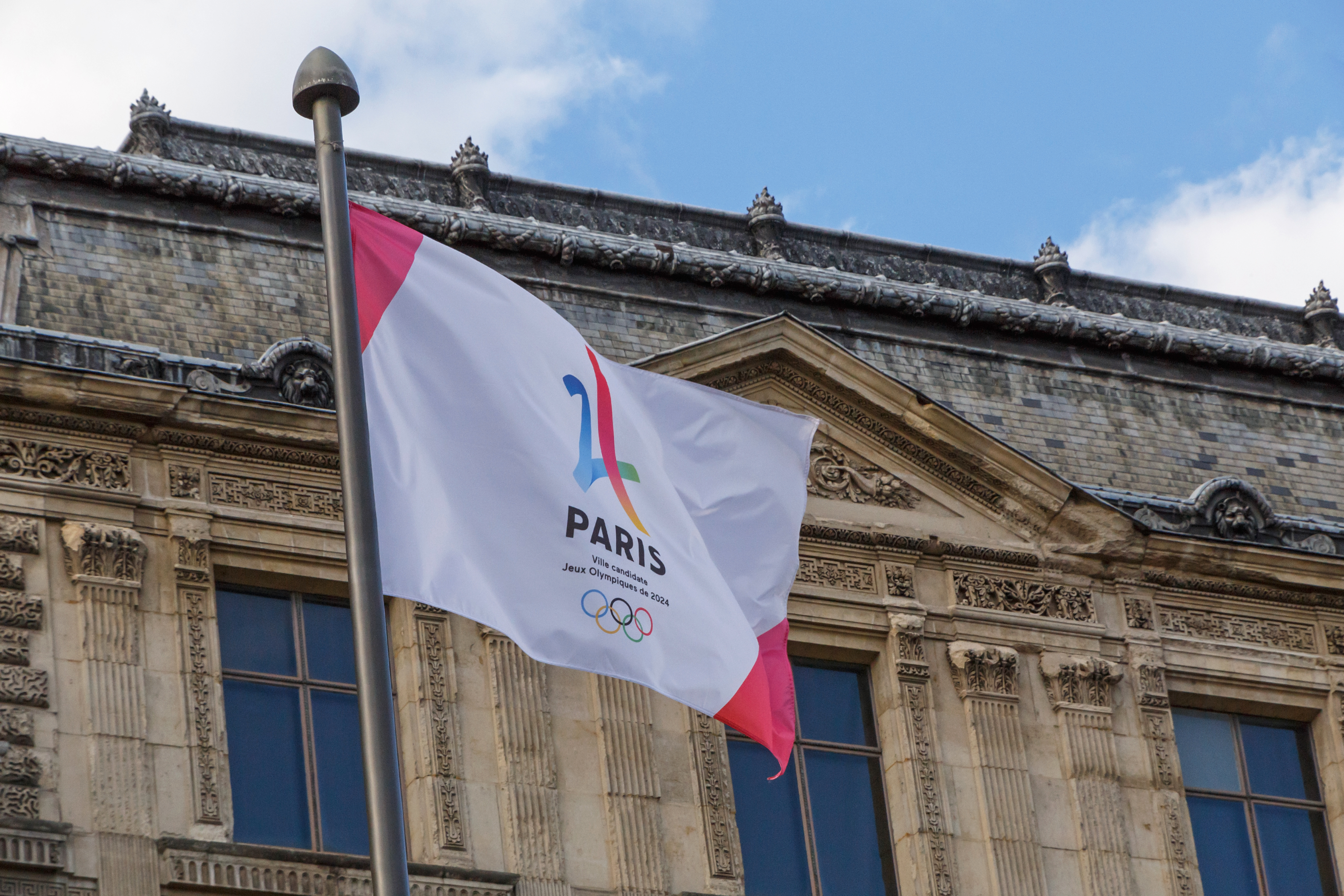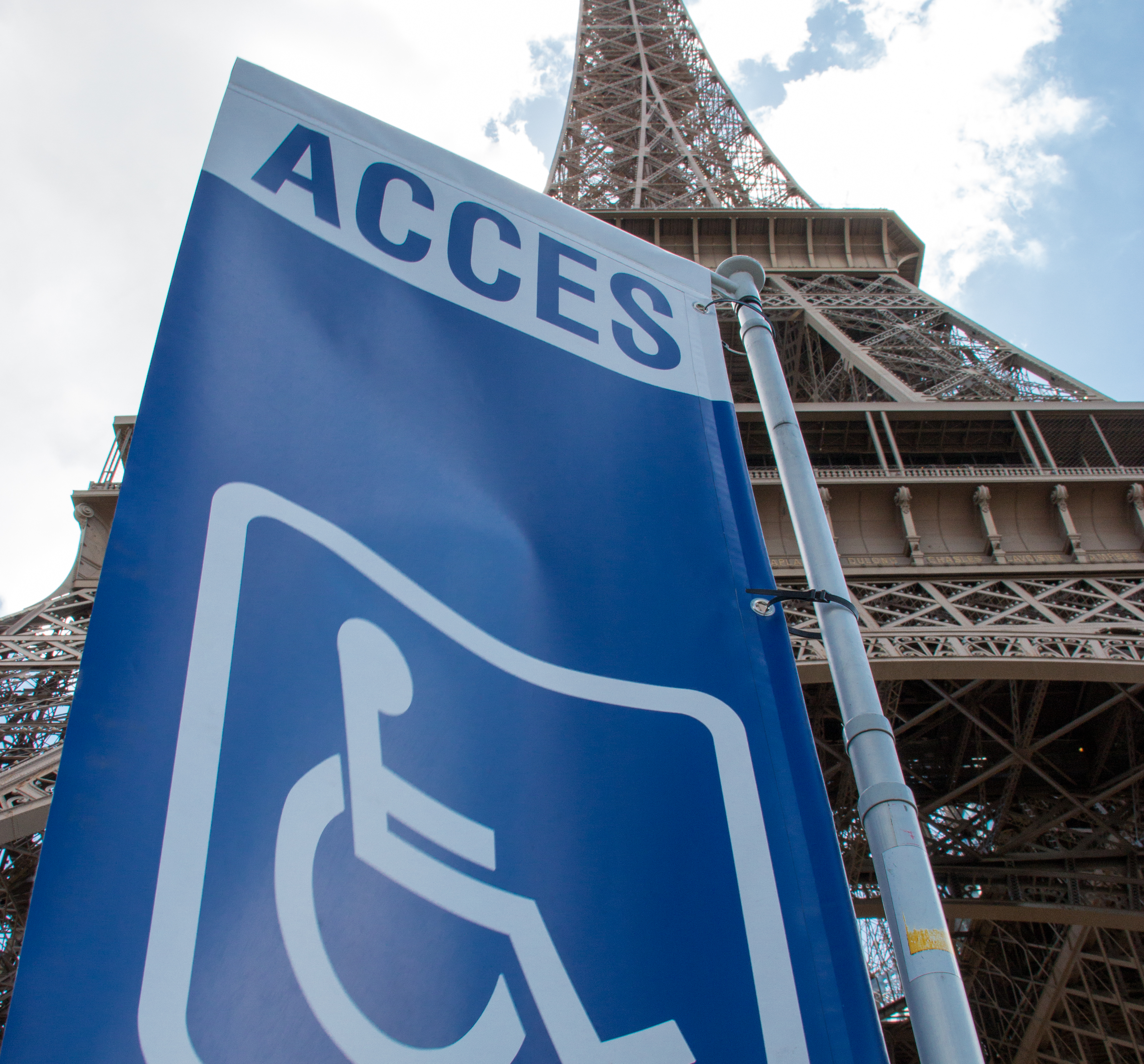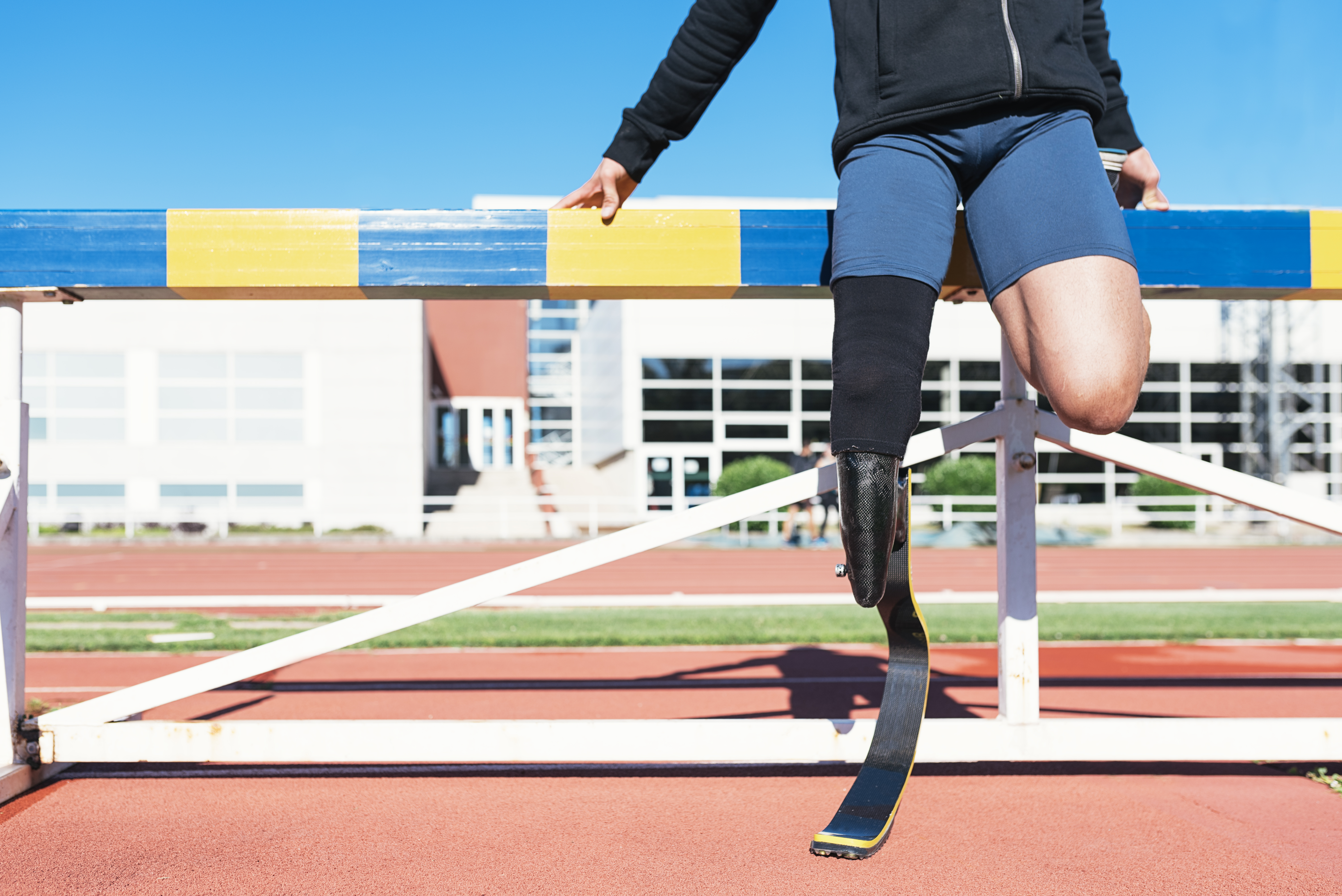The Paris Paralympics Test

I sincerely hope that there’s a succinct French translation for the phrase “Help! I’ve fallen and can’t get up,” because should the Parisian Paralympic planning committee not seize this opportunity to address the needs of disabled athletes and Parisian citizens, it will likely be their new motto.
Walking through Paris in recent months, it is difficult to miss the major advertising campaign that has accompanied the city’s winning bid to host the 2024 Olympics. French citizens have been electrified with the prospect of becoming a beacon of hope in a particularly tumultuous global political climate, but even their celebrations have a glaring obvious flaw to anyone who was raised to look for it: they were largely absent of people with disabilities. The ease with which Parisians forget to include disabled citizens could spell disaster for the Olympic Planning committee since they must plan for and accommodate the Paralympics as well. Like many things, “disability” we may be lagging behind by a bit, but we’re coming along too.
 Image Credit: Shutterstock/Olha Insight
Image Credit: Shutterstock/Olha Insight
Researching my move to Paris, it was difficult to find accommodations for a stay that was longer than a vacation. I opened browser tab after browser tab only to find sites for disabled tourists. It became apparent to me that the city of lights wanted disabled people to visit, but not to stay. Looking around for people like myself, I could barely find those with visible disabilities. When you consider that one in six people globally are disabled, the numbers I’ve witnessed are questionably low. I was not shocked to find out that France was ranked one of the ten least affective European countries at implementing the United Nation’s Convention on the Rights of Persons with Disabilities.
Communicating accessibility through representation and infrastructure, though, may be the least of the planning committee’s worries as centuries worth of disability taboos threaten Paris’s reputation among disabled tourists.
 Image Credit: Shutterstock/Sebastian Durand
Image Credit: Shutterstock/Sebastian Durand
In recent weeks, I face-planted on a Paris street, only to be verbally accosted by my driver. He called me a liability and asked why I was even outside. On a bus on my way to class, I witnessed as a double amputee in a wheelchair fell out of her chair as the bus lurched forward. No one on the bus moved to help. Judging by these incidents, prepping the Paralympics needs a campaign for updated facilities as much as it needs a campaign to win hearts and minds.
In recent months, however, it would appear as though France is willing to contend with its neglect of disability rights and representation. During the election, disability rights activists created #LesHandisVotent, a French iteration of #CripTheVote and #CripTheVoteUK (“crip” as in “cripple”), which sought to educate disabled people about their voting rights and policy issues that would affect us. Just last week, French policy makers used the tag #PrioriteHandicap to start a conversation on issues affecting disabled people, but like most disability movements, lacked the inclusion and promotion of people with disabilities and instead fell into the echo chamber of disability adjacent peoples—which is kind of like trusting the Kardashians to solve the issues of black America.
 Image Credit: Shutterstock/SantyPan
Image Credit: Shutterstock/SantyPan
I’m optimistic given the uptick in frequency of conversations surrounding the experiences of disabled people in France, but as someone who has participated in one too many paint-by-numbers diversity campaigns, I feel the need to couch my hope. The Paralympics will serve as one of many tests of France’s preparedness in accommodating, listening to and representing disabled people in the country as a whole. But, as Parisian disability rights activist Marina Carlos puts it, “I’m not sure it will change anything, unfortunately. I think it will only serve as inspiration porn…”







